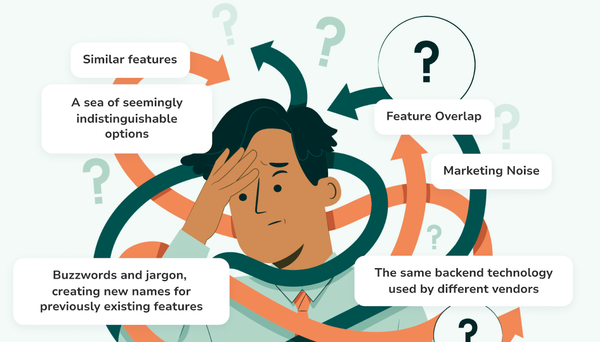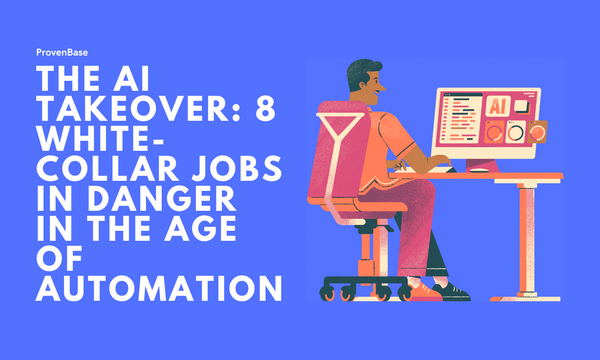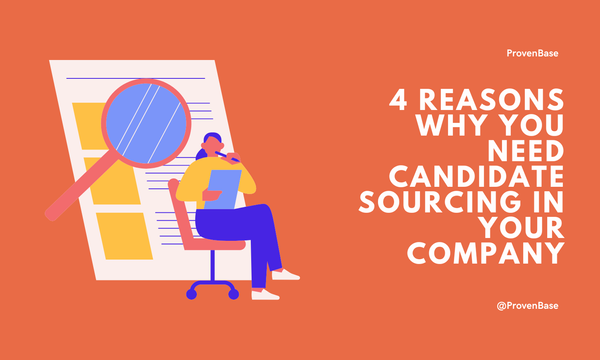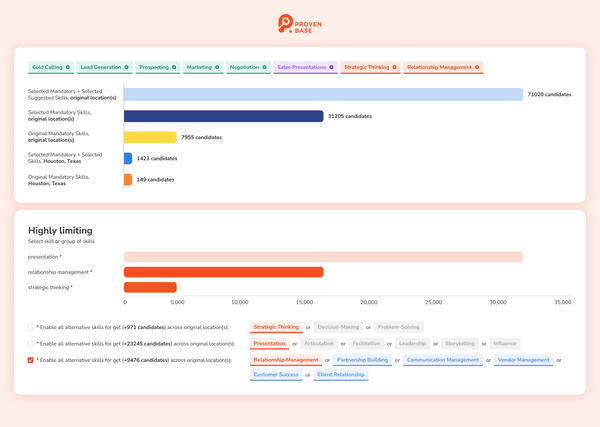How to Mitigate Gender Bias in Recruitment Emails
Studies have shown that men and women react to job listings and recruitment emails differently. It's time to reexamine the gender-coded words that might be subtly pushing other genders away.
71% of talent professionals report that achieving gender parity at their company is a top priority. Yet, it can be difficult for some roles to attract a diverse applicant pool. Some job listings will attract more applicants of one gender than the other but that doesn’t mean talent from the opposite gender isn’t out there.
Studies have shown that men and women react to job listings differently. Women only apply to jobs if they meet 100% of the qualifications. Women apply for 20% fewer jobs than men despite similar job search behaviors.
Men and women are equally likely to research what it’s like to work at your company before applying. They are equally likely to visit your website, check out your social media pages, and learn about current employees in order to understand the company better before applying.
If all those communications use a lot of masculine words, chances are your company staff will skew male and vice versa. However, there are far more gender-coded words that come up than we often realize.

Masculine words like “aggressive” or “champion” would deter women from applying if included in the job description. Feminine words such as “understanding” or “cheering” could keep men from applying.
In order to make both genders feel like they would belong at your company, make sure to review job posts, career pages, and even your reach-out emails for using a lot of gender-coded words.
If you’ve been working to diversify your team, but are still getting applicants that are heavily skewed towards one gender, reevaluating the words being used in candidate communications can be a great first step.
Let’s dive into some simple ways to make your candidate reach-outs more inclusive.
Removing Gendered Words
45% of women surveyed said that their employer’s stance on gender equality was important to them and would affect their search/decision. One way to signal to potential applicants that this is an inclusive space is through how you speak about the job and company.
Your first interaction should set the tone for the candidate to feel comfortable having a conversation about the position. Let’s look at an example cold reach out email:
Hello there,
My name is John and I'm an IT recruiter at Company, a premier Digital Marketing and IT resourcing agency. For over 15 years, the world’s leading companies have turned to us to provide their IT and digital marketing departments with this rockstar resource: people. Our expertise in the industry allows us to match major companies with experienced talent, and I have a role that could be a great match for you!
Please review the job description below and let me know what you think. Is this a role you’re interested in hearing more about?
If so, send me your most up-to-date resume in a Word document and let me know a good time to give you a call.
Job Title: Senior Paid Social Strategist
Location-Type: 100% REMOTE
Start Date Is: ASAP
Duration: Perm/FTE
Rate: DOE
Job Description/Day to Day:
- Working directly with media and planning teams to craft media recommendations based on client briefs and campaign initiatives.
- Deciding on media recommendations
- Logically present recommendations to clients directly
- Responsible for building out campaigns and managing optimization of campaigns
- Reporting out on performance data and presenting those results to clients
- Working directly with client partners and vendors (reps/publishers) to create recommendations and best practices
Requirements:
- 1-2+ years of paid social-specific experience - Need to understand paid search
- Media Buying experience with Facebook, IG, Twitter, Tik Tok, Pinterest, Linkedin, or Snapchat
- Client-facing, with a willingness to learn and grow within skills
- Fearless communicator with strong presentation skills
- Experience with Powerpoint/Keynote
While there’s nothing majorly wrong with this email, there are some details that make this a more masculine-leaninng email, which could keep women from replying.
First thing first, there are several gendered-coded words throughout the email that we can swap for something more neutral. Changing out the masculine words like leading, rockstar, fearless, and logically will be enough to make it more gender-balanced.
Here are a few common gendered words to look out for:
There are a few other adjustments that would make this have greater appeal to women, which comes in handy if you’re hiring for what is a male-dominated role.
Knowing how much a job pays is considerably more important for women. By including salary ranges, it could be seen as a signal that the company is committed to transparency and fair pay regardless of the candidate’s gender or background.
It’s also beneficial to be thoughtful about the number of requirements you list and ask yourselves what’s truly a must-have and what’s merely a nice-to-have. Since women will scrutinize the requirements more closely before applying, this will now seem inviting to all genders.
Take a look at the same email with some minor tweaks:
Hello there,
My name is John and I'm an IT recruiter at Company, a premier Digital Marketing and IT resourcing agency. For over 15 years, the world’s most prestigious companies have turned to us to provide their IT and digital marketing departments with the most critical resource: people. Our expertise in the industry allows us to match major companies with top talent, and I have a role that could be a great match for you!
I’ve included the job description below. Is this a role you’re interested in hearing more about?
If so, feel free to send me your most up-to-date resume in a Word document and let me know a good time to give you a call.
Job Title: Senior Paid Social Strategist
Location-Type: 100% REMOTE
Start Date Is: ASAP
Duration: Perm/FTE
Rate: $60,000 - $80,000
Job Description/Day to Day:
- Working directly with media and planning teams to craft media recommendations based on client briefs and campaign initiatives.
- Working with digital media/brand teams to create media recommendations
- Will be presenting recommendations to clients directly
- Responsible for building out campaigns and managing optimization of campaigns
- Reporting out on performance data and presenting those results to clients
- Working directly with client partners and vendors (reps/publishers) to create recommendations and best practices
Looking for::
- 1-2+ years of paid social experience
- Media Buying experience for social media channels
- A willingness to learn and grow within skills
- Comfortable communicating with outside clients and giving presentations
As you can see, the changes were not huge. Reviewing your candidate emails for gendered language doesn’t have to be an entire overhaul of your strategy. Simple tweaks are enough to start getting replies from the talent you want to talk to.
Bias at the Source
An important part of achieving gender balance at work is addressing unconscious bias in the sourcing process. This is the most prevalent and most difficult bias to account for and eliminate.
When looking at female and male candidates on LinkedIn, recruiters are 13% less likely to click on a woman’s profile when she shows up in search. It’s stats like these that pushed us to build ProvenBase, a diversity-focused sourcing solution.
As much as we try to review and audit ourselves, we aren’t always aware of our own unconscious bias. Reviewing copy for gender bias is a good start, but moving to an AI-powered tool that not only anonymized candidate results, it also offers diversity demographics on your pipeline, inclusive email templates for all stages of the hiring process, and so much more to help mitigate bias from the start.
But until we build a society without implicit bias, we’ll continue making small tweaks that lead to big impacts.
Ready to keep the conversation about diversity going? Check out some of our recent webinars!




